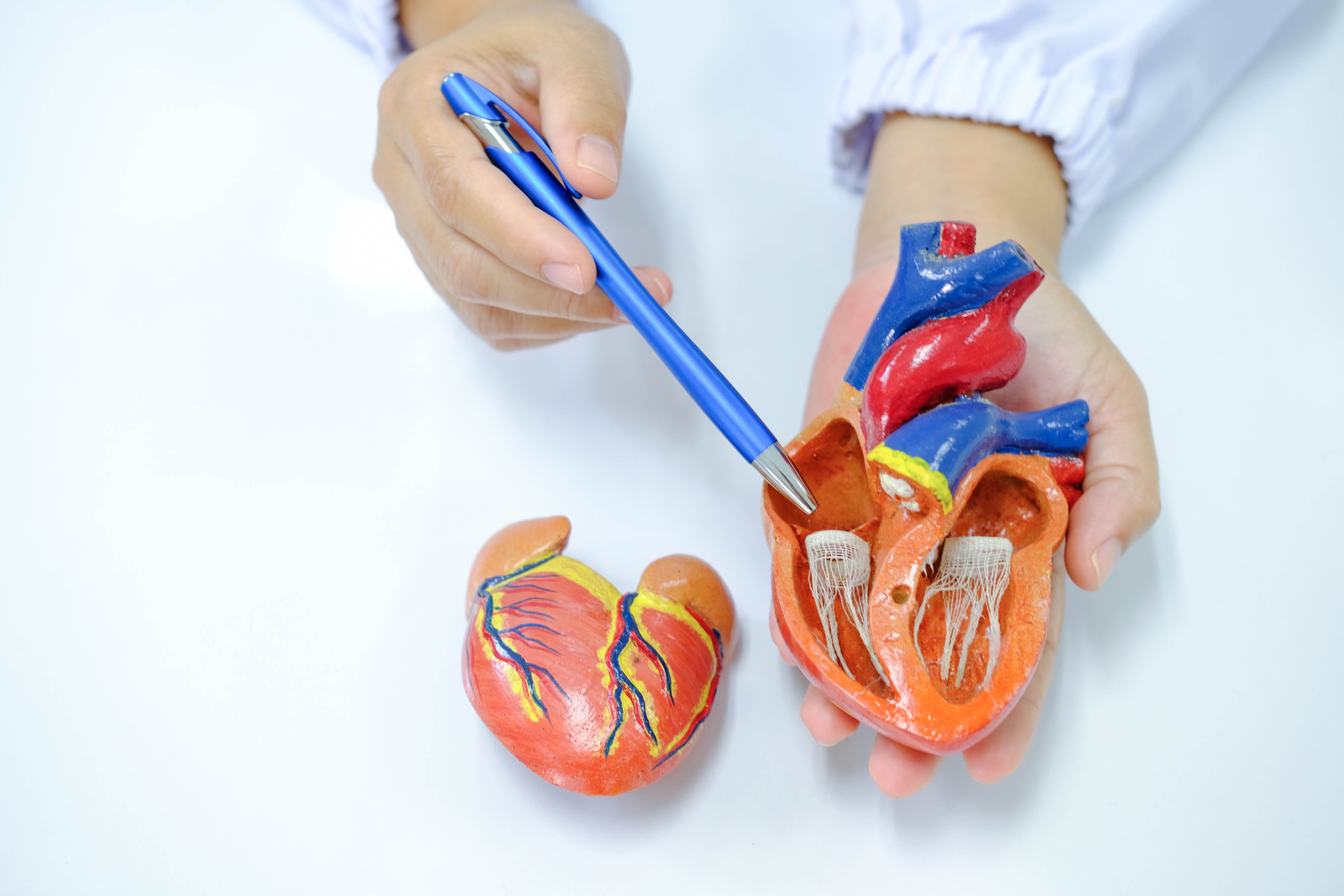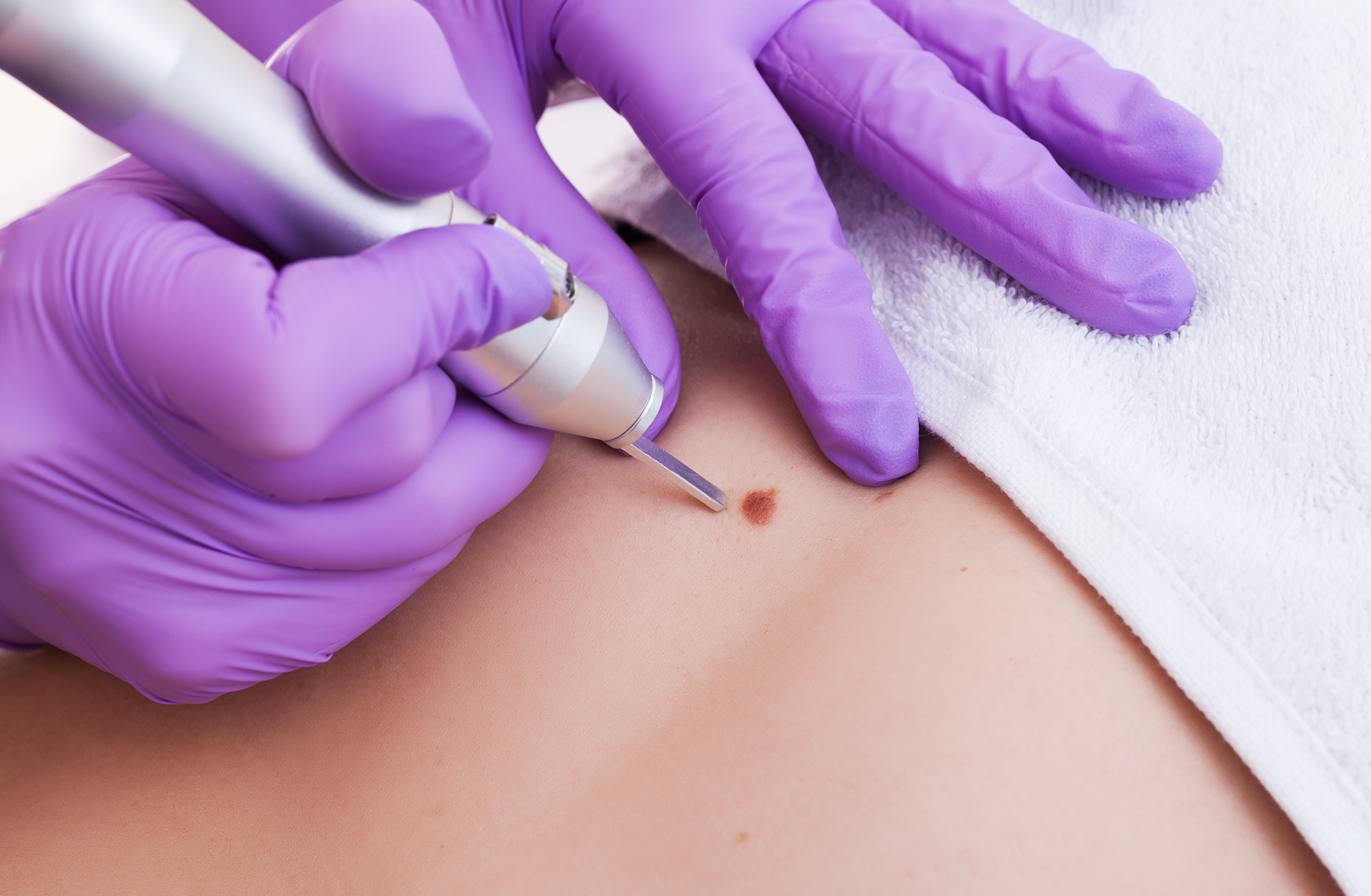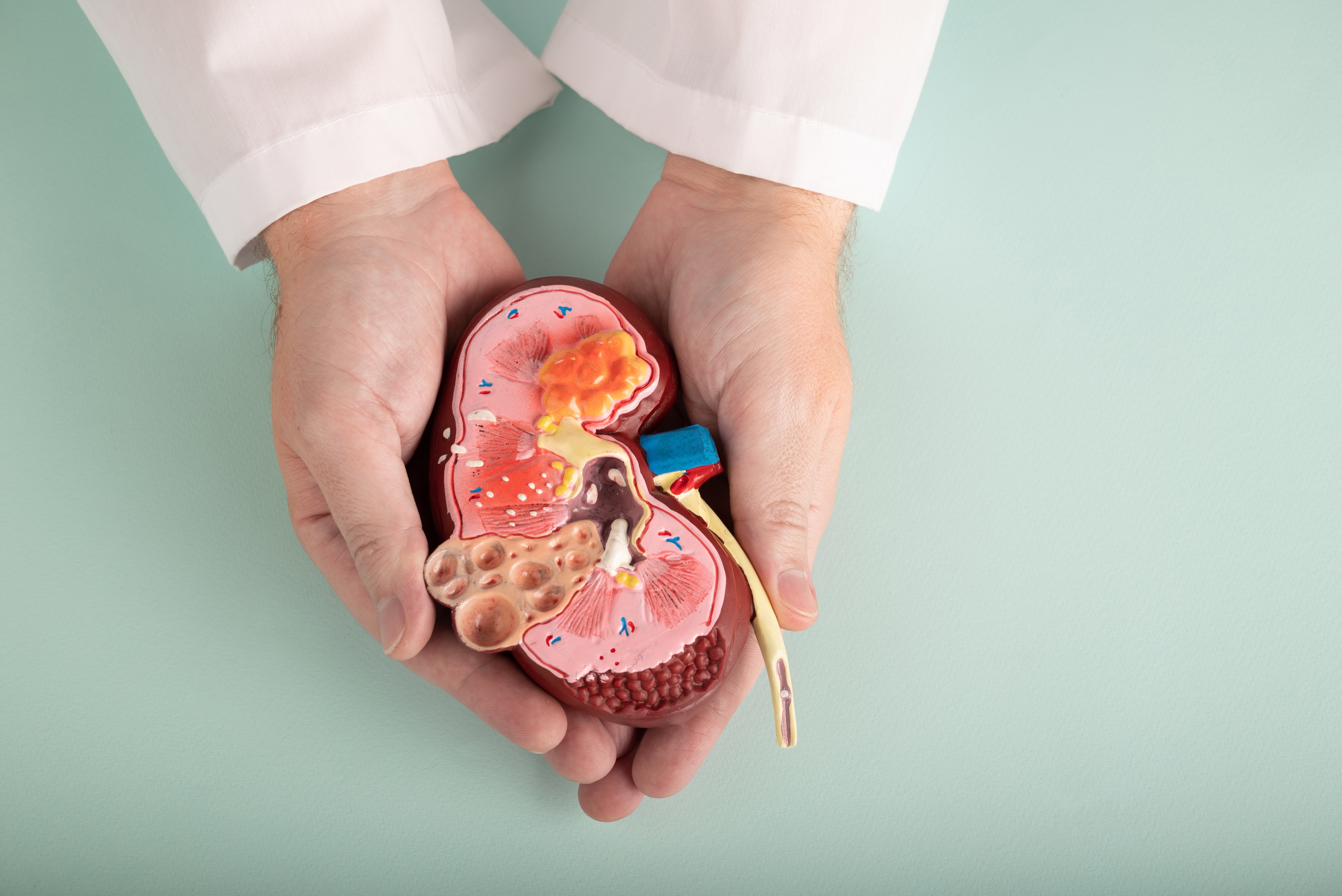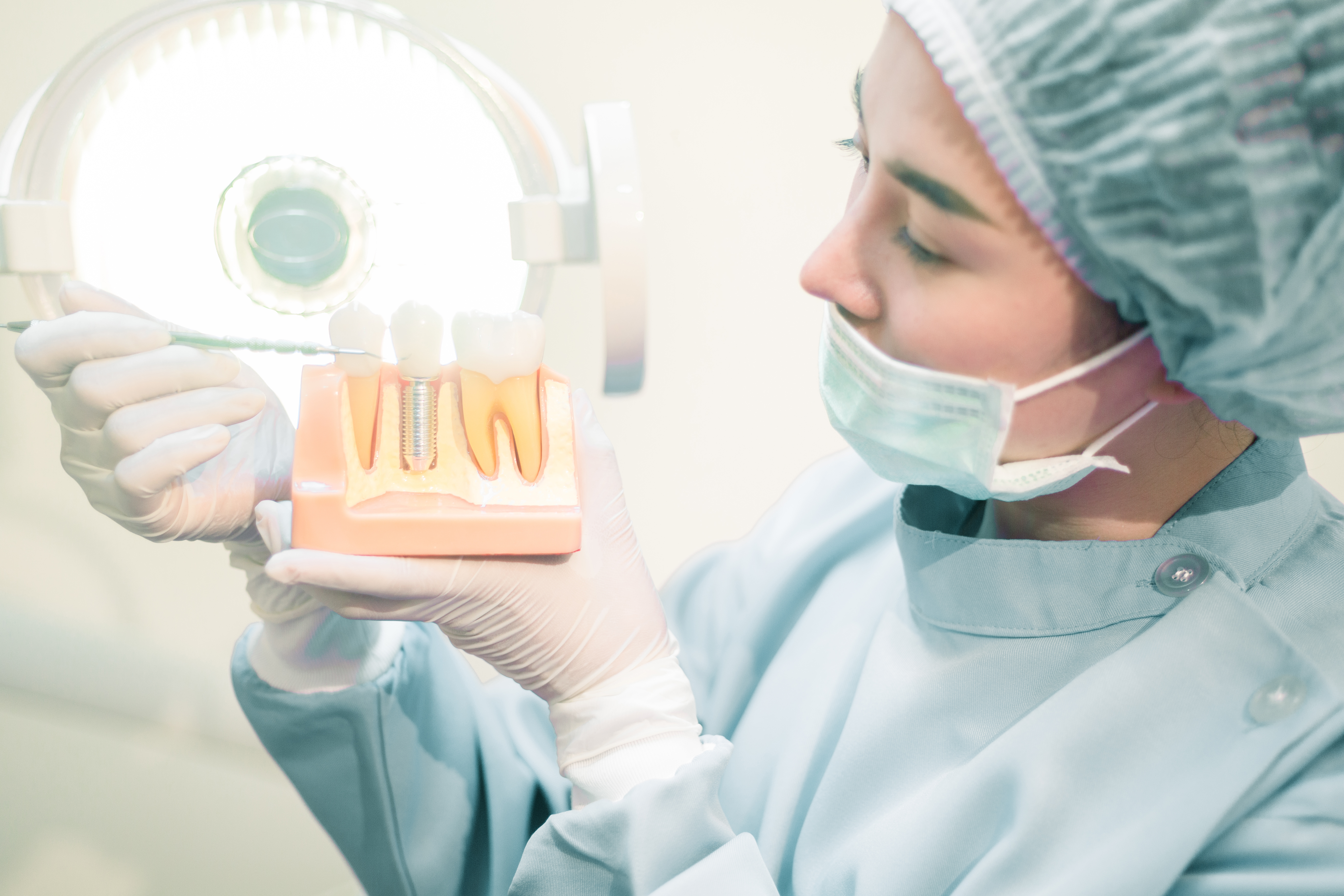
Heart Valve Surgery: Procedure, Risks, Aftercare, and Cost
Heart valve surgery is a critical procedure for individuals suffering from heart valve diseases. It involves repairing or replacing one or more of the heart valves to ensure proper blood flow through the heart. This article will provide a comprehensive overview of heart valve surgery, including its purpose, preparation, procedure, duration, side effects, post-operative care, and costs in Indonesia.
What is Heart Valve Surgery?
Heart valve surgery is a medical procedure performed to repair or replace a heart valve that is not functioning properly.
The heart has four valves: the aortic, mitral, tricuspid, and pulmonary valves. These valves ensure that blood flows in the correct direction through the heart's chambers.
When a valve becomes damaged or diseased, it can lead to improper blood flow. These can be caused by various health conditions, including congenital heart disease, endocarditis (infection of the inner lining of the heart), heart rheumatism, and valve degeneration due to aging.
There are two primary types of heart valve surgery. The first one is, annuloplasty. This involves the repair of the existing valve to restore its normal function. Techniques include patching holes, removing excess valve tissue, or separating fused valve leaflets.
The second one is valvuloplasty. This involves replacing the damaged valve with a new one. Replacement valves can be either mechanical (made of synthetic materials) or biological (made from animal tissue or human donor tissue).
What’s The Purpose of Heart Valve Surgery?
The primary goal of heart valve surgery is to restore normal blood flow through the heart and to alleviate symptoms associated with valve disease. Here are the main objectives:
- Improve Quality of Life: Alleviate symptoms such as shortness of breath, chest pain, fatigue, and swelling in the legs and feet.
- Prevent Complications: Reduce the risk of serious complications such as heart failure, stroke, blood clots, and sudden cardiac death.
- Enhance Longevity: Extend the lifespan by improving heart function and overall cardiovascular health.
What Happens Before Heart Valve Surgery?
First of all, the doctor will perform a series of tests to evaluate the patient's heart condition and general health. These include an echocardiogram, angiogram, blood tests, and an electrocardiogram (ECG).
You will consult with a cardiologist and heart surgeon to discuss the details of the surgery, risks, and expected benefits.
Some medications may need to be stopped or the dose adjusted before surgery. You need to tell your doctor about all the medications they take, including over-the-counter medications and herbal supplements.
Patients are usually asked not to eat or drink anything the night before surgery to reduce the risk of anesthesia complications.
Heart Valve Procedure
Heart valve surgery can be performed using several methods, depending on the patient's condition and the type of valve abnormality experienced. Two commonly used methods are open heart valve surgery and minimally invasive heart valve surgery.
Open-heart surgery
The patient will be given general anesthesia so you can sleep during the operation. The surgeon will make an incision along the sternum to open the chest and provide direct access to the heart.
Next, the heart will be connected to a heart-lung bypass machine, which will replace the function of the heart and lungs during surgery. The surgeon will repair or replace the damaged heart valve.
To repair the valve, the doctor may tighten or repair the valve tissue. If the valve is replaced instead of repaired, the doctor will install an artificial valve (prosthetic) or a biological valve derived from animal tissue or a human donor.
Minimally invasive heart valve surgery
As with open surgery, the patient will be given general anesthesia. The surgeon will make several small incisions in the chest to insert special surgical tools and a small camera called an endoscope.
Depending on the procedure, a heart-lung bypass machine may or may not be used. Using special tools, the surgeon will repair or replace the damaged valve through these small incisions. This small incision will then be closed with stitches or staples.
The types of heart valve surgery performed by doctors include:
- Patch the hole that forms in the heart valve.
- Repair heart valves that cannot close completely.
- Removing excess tissue that prevents the heart valve from closing completely.
- Separating or removing fused heart valves.
- It tightens or strengthens the ring around the heart valve, called the annulus.
How Long Does Heart Valve Surgery?
The length of heart valve surgery depends on several factors, including the type of surgery (repair or replacement), the specific valve being addressed, and the patient's overall health.
On average, open-heart surgery usually takes between 3 to 6 hours. While minimally invasive surgery can be shorter, typically lasting 2 to 4 hours.
What Are the Risks of Heart Valve Surgery?
Even though heart valve surgery has a success rate of up to 92%, this procedure is not without various risks, such as:
- Infection.
- Bleeding.
- Heart rhythm irregular (arrhythmia).
- Heart attack.
- Kidney failure.
- A newly repaired or replaced heart valve has a problem.
- Strokes.
- Death.
What Can You Expect After Heart Valve Surgery?
The patient will be taken to the intensive care unit (ICU) for several days to undergo treatment and recovery. The doctor will monitor vital signs, including blood pressure, heart rate, and breathing.
Once your condition is stable, you will be transferred to a regular treatment room. Generally, patients will be hospitalized for around 5–7 days before returning home and undergoing outpatient treatment.
A cardiac rehabilitation program may be recommended to help patients restore their heart strength and function. Patients will need regular check-ups with a heart doctor to monitor the recovery and function of the repaired or replaced valve.
To maintain optimal heart health, patients are urged to live a healthy lifestyle that includes quitting smoking, eating a balanced diet, and getting frequent exercise.
How Much Heart Valve Surgery in Indonesia?
The cost of heart valve surgery in Indonesia depends on the hospital, the type of procedure, and the level of difficulty of the procedure being undertaken.
In general, the cost of open heart valve surgery ranges from IDR 100.000.000 to IDR 300.000.000. While minimally invasive surgery may have higher costs due to the special technology and equipment used.
At Bali International Hospital, The Sanur, we believe that the most important thing in the recovery process of body, soul and mind is well-being.
Therefore, our medical center at The Sanur is committed to prioritizing your health by offering proper examination and treatment.
Our services include preventative care, early detection, diagnosis and treatment of various heart problems with superior expertise and the latest medical technology directly from Bali.
Get the best health treatment experience by scheduling your appointment and premium treatment with The Sanur, now!
References:
Clinic, C. (2022). Heart Valve Replacement: Types, Procedure & Recovery. Cleveland Clinic. https://my.clevelandclinic.org/health/treatments/23966-heart-valve-replacement
Heart valve surgery - Mayo Clinic. (2023). Mayoclinic.org; https://www.mayoclinic.org/tests-procedures/heart-valve-surgery/about/pac-20384901
Related Articles

Mole surgery is a safe procedure with a relatively high success rate. What preparations are needed ...

Kidney stones (nephrolithiasis) are hard objects formed from chemicals in the kidneys. Once formed, the stone ...

Dental implants can be an excellent solution for replacing damaged or lost adult teeth. Before deciding ...

